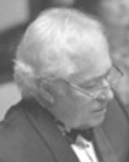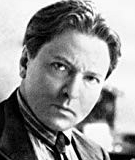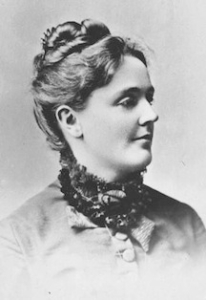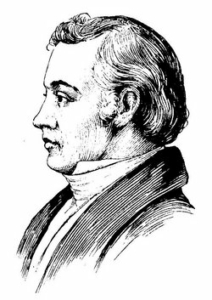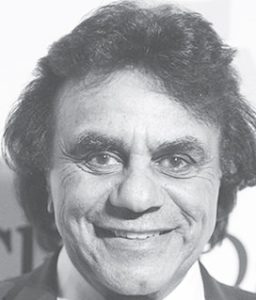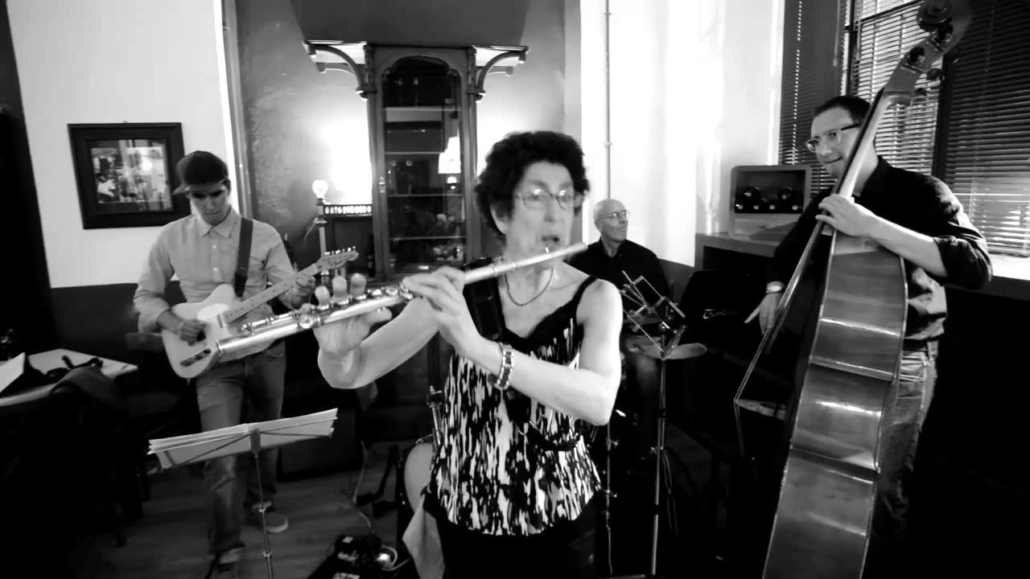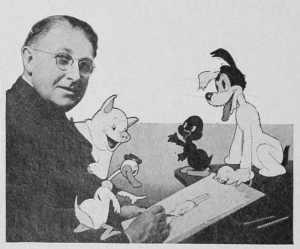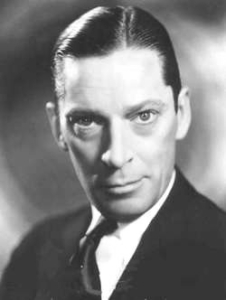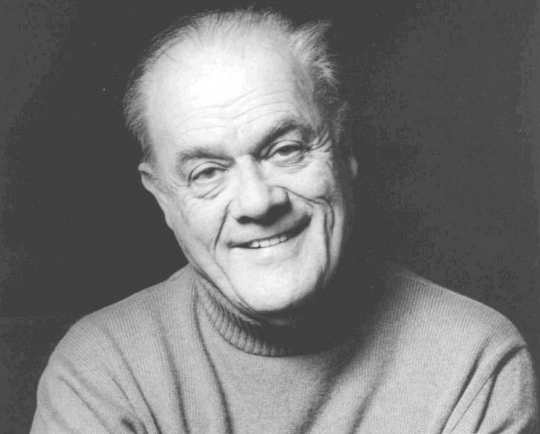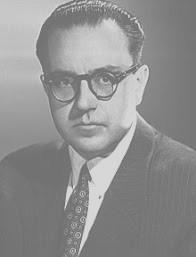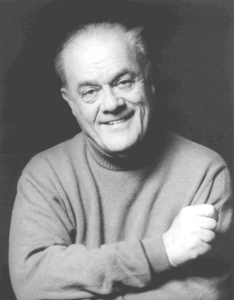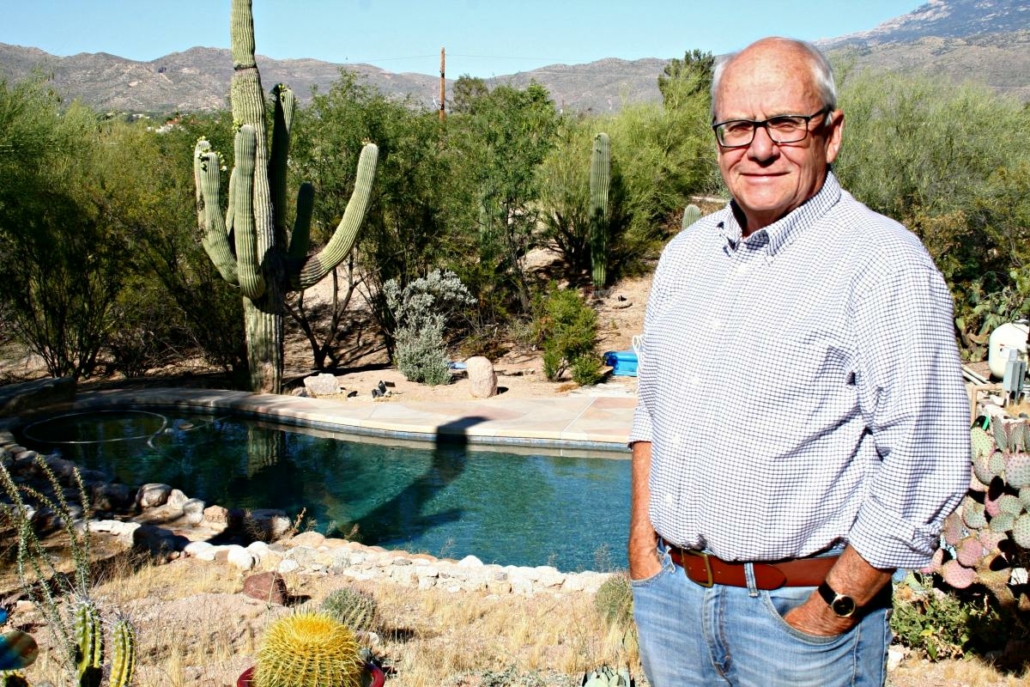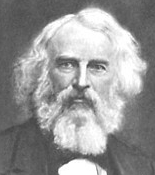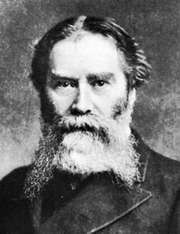REVIEW POTPOURRI: Paragraphs from E.B. White
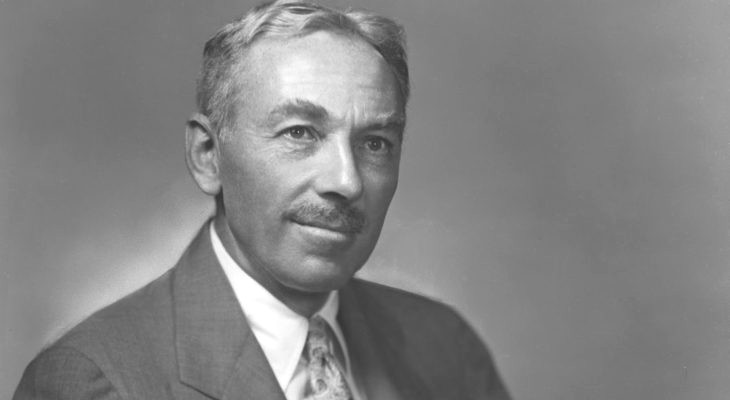
E. B.White
 by Peter Cates
by Peter Cates
Paragraphs from E. B. White
I offer two paragraphs from E.B.White’s One Man’s Wheat in which he writes about the movies from the sweet peace of his Brooklin, Maine, farm in May 1939:
“There is no movie house in this town so I don’t get to many pictures; but I keep in touch with Olympus by reading Motion Picture magazine and the daily papers. On the whole, this is a higher type of entertainment than seeing the films-although I miss Tarzan and Lamour, and I am not getting ahead very fast with my study of trees in the movies, a work I have been engaged in for some years.
“The newspapers, of course, keep one informed of the marriages, births, deaths, separations, divorces, and salaries of the stars. If Gable weds Lombard, I know about it. When Tone and Crawford reach the end of the road, I am informed. Separations and divorces are scented with the same delicate orange blossoms as marriages and elopements, the same romantic good fellowship. One of the most interesting accomplishments of the film community, it seems to me, is that it has made real for America the exquisite beauty of incompatibility. Divorce among the gods possesses the sweet, holy sadness which has long been associated with marriage among the mortals. There is something infinitely tender about the inability of an actor to get along with an actress.”
A footnote to the above-mentioned actor Franchot Tone (1905-1968). He is one of the most underrated actors I have ever seen in films and his roles as Roger Byam in 1935’s Mutiny on the Bounty and the President of the United States in Otto Preminger’s 1962 Advise and Consent conveyed his talent at sucking the air out of a room.
Vivid moments from two recent concerts:
I traveled to Portland for the last concert of the Symphony’s 2018-19 season on May 13 at downtown’s Merrill Auditorium. It featured guest conductor Jeffrey Kahane who had already directed two previous concerts this season. Kahane lives with his wife in Santa Rosa, California, and they have another home in Denver, Colorado. He resigned in 2017 as music director of the Los Angeles Chamber Orchestra after 20 years.
The Maestro led the Beethoven 1st Piano Concerto by memory from the keyboard. He then conducted a powerful Rachmaninoff The Bells for choir, orchestra and soprano, tenor, and baritone soloists and finished with Rimsky-Korsakov’s colorful showpiece, Capriccio Espagnol. The Orchestra has achieved considerable growth in the more than 45 years since I last attended a concert under one of their former conductors, Paul Vermel, who did do very good performances with it. I remember a Berlioz Romeo and Juliet, Charles Ives 2nd Symphony, Brahms Violin Concerto with Itzhak Perlman and a nicely-staged Mozart Cosi Fan Tutte.
Last Saturday’s Detroit Symphony live link featured the 26 year old Italian-born pianist, Beatrice Rana, in the Sergei Prokofiev 3rd Piano Concerto with the Orchestra under guest conductor, Kent Nagano. The Concerto, completed in 1921, was premiered by the Chicago Symphony in 1922 with the composer as soloist. Its technical demands are ferocious, its rhythms very compelling but it has the most exquisite delicacy and lyricism. Ms. Rana brought a wonderful balance of these musical qualities to her playing .
The accompanying Bruckner 3rd Symphony has the gripping power, serenity and eloquence of that composer, along with long stretches of development that need the right pacing or the symphony could become quite dull. As with long-gone conductors Eugen Jochum, Herbert von Karajan, and George Szell and the still living Ivor Bolton and Daniel Barenboim, Nagano met these challenges.
The concert can still be watched for a while through the DSO link.
My favorite Mamas and Papas pop song has always been the 1966 hit record, Go Where You Wanna Go; for those who no longer have that record, it can be heard through YouTube.




